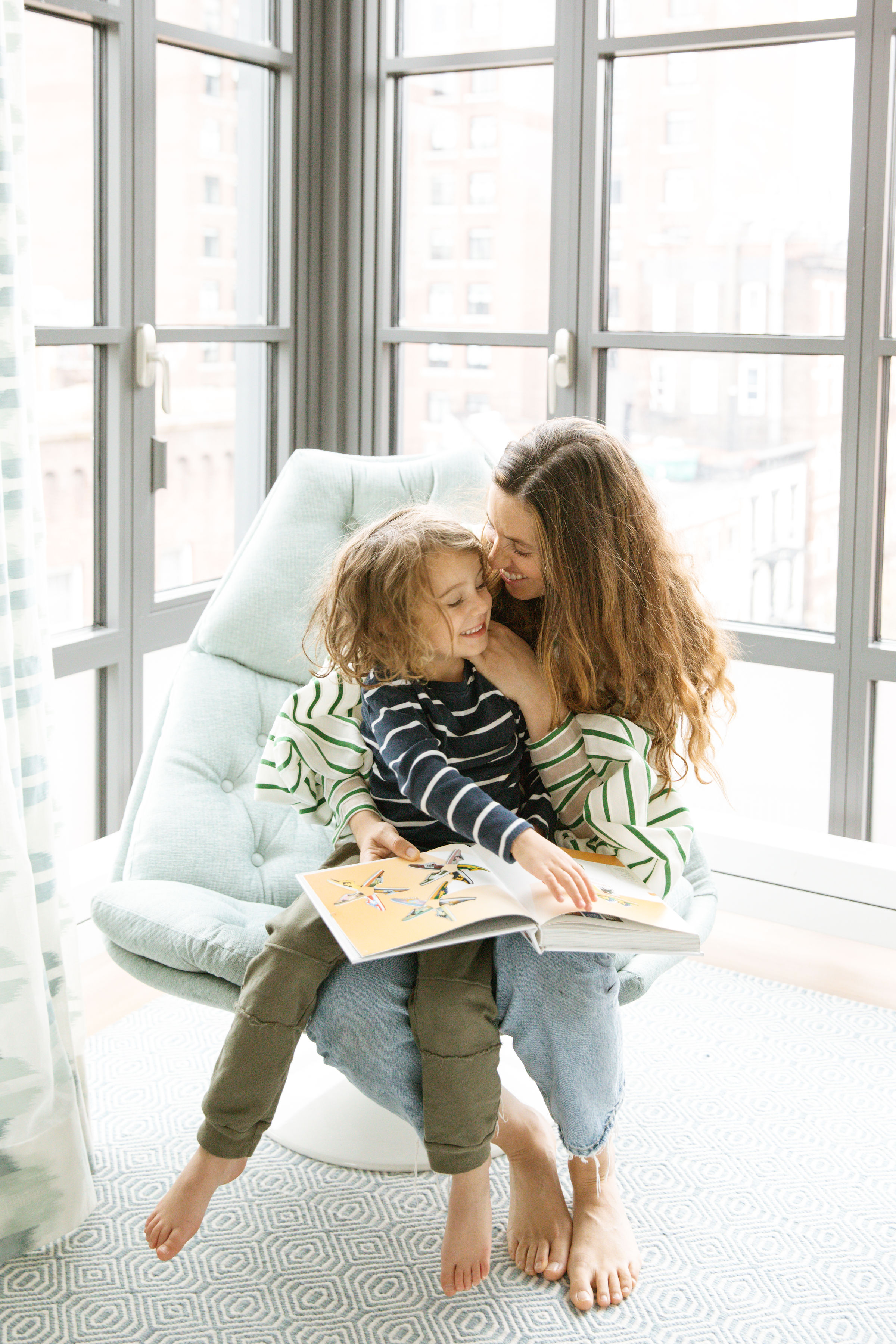It’s easy to look at a tantrum-throwing toddler in a grocery store and think, “My kid will never act like that.” But fast forward a few years into parenthood, and suddenly, you realize you’re just like the rest of us— doing your best to raise kind, responsible little humans while avoiding the dreaded “spoiled kid” stereotype.
But is it even possible to avoid spoiling your child entirely?
According to Hal Runkel, a marriage and family therapist who has written numerous books on parenting and relationships, one way to avoid spoiling your child is to stop shielding them from the realities of the world.
KEEP SCROLLING TO READ WHAT NOT TO DO TO AVOID SPOILING YOUR CHILD.
The Secret to Raising Non-Spoiled Kids? Consequences.
Don’t Ignore Consequences
“What spoils kids is not letting them taste the natural consequence of their mistakes,” Runkel told Business Insider. “When we give them the impression that their choices don’t have natural, logical consequences and we rescue them from those—when we say, ‘Hey, you do that one more time, I’m going to take that thing away,’ and then we don’t take that thing away—that’s actually what spoils kids.”
As parents, it’s tempting to step in and save the day. We don’t want our kids to experience discomfort, disappointment, or failure. But doing so actually does more harm than good.
Kids learn best through experience. If they forget their homework at home, resist the urge to drive it to school every time. If they spend their allowance too quickly, don’t sneak them extra cash. It may not feel like one of the easiest ways to avoid spoiling your child, but these natural consequences teach responsibility, self regulation, and problem solving— all essential life skills.
Encouraging Independence Starts Early
Don’t Do Everything for Them
“The world is not going to allow them to continue to depend on us forever,” Runkel explains. So, while it might feel easier to pack their backpack, tie their shoes, or remind them ten times to do their homework, letting kids take charge of their own responsibilities (age appropriately, of course) is one of the best ways to ensure they don’t grow up expecting others to do everything for them.
If your child is old enough to set an alarm for school, let them. If they can fold their laundry, have them help. The more kids feel ownership over their daily tasks, the more independent they’ll become— and the less entitled they’ll feel to having everything done for them.

Stop Trying to Be Their Best Friend
Don’t Worry About Not Being Liked to Avoid Spoiling Your Child
According to Fran Walfish, PsyD, author of The Self-Aware Parent and a family and relationship psychotherapist in Beverly Hills, too many parents worry about what their kids will think of them. Out of guilt, they overcompensate— whether that’s through buying too many toys, avoiding discipline, or allowing kids to dictate family decisions.
But here’s the thing: your child doesn’t need another best friend. They need a parent.
“Kids believe they have an equal or stronger vote than the authority of their parents,” Walfish says, and that’s a slippery slope.
Setting boundaries, sticking to rules, and saying “no” when necessary helps children understand structure and authority. It also teaches them respect and the ability to handle disappointment because let’s be real, life won’t always go their way.

Teach Emotional Intelligence Instead of Shutting Down Feelings
Don’t Ignore Their Feelings
Picture this: Your toddler is on the floor, red in the face, kicking, and screaming because you said no to a second cookie. Your instinct might be to say, “Because I said so!” and move on. But according to Walfish, that approach doesn’t help kids develop emotional intelligence.
Instead, she suggests getting on their eye level, taking a deep breath, and acknowledging their emotions. Saying something like, “I see that you’re upset because you wanted another cookie. I know that’s hard.” This validates their feelings while still reinforcing boundaries.
This doesn’t mean giving in to every demand, but it does mean helping kids understand their emotions, which will serve them well later in life.
Avoid Spoiling Your Child by Setting Healthy Boundaries without Guilt
It’s normal to wonder whether you’re being too tough on your child. “Your gut gives you a good indication of when you’re being too harsh or depriving them,” says Runkel. But if you’re constantly second guessing yourself, remember this: most parents tend to lean more toward leniency than harshness.
If you’re consistently setting boundaries with love, teaching responsibility, and modeling respect, you’re on the right track.
Raising Grateful, Well-Rounded Kids
Avoiding spoiling your child doesn’t mean being overly strict or depriving them of fun and joy. It’s about teaching them balance— knowing that while their feelings matter, so do responsibilities, rules, and the needs of others.
By setting clear expectations, allowing them to experience natural consequences, and not shielding them from life’s realities, you’re giving your child the best gift of all: the ability to thrive in the real world.
And let’s be honest— there’s nothing more satisfying than raising a kid who can handle a “no” without a meltdown.
That’s parenting success right there.
This post contains affiliate links. When you buy through links on our site, we may earn a commission at no extra cost to you.
This post contains affiliate links. When you buy through links on our site, we may earn a commission at no extra cost to you.


